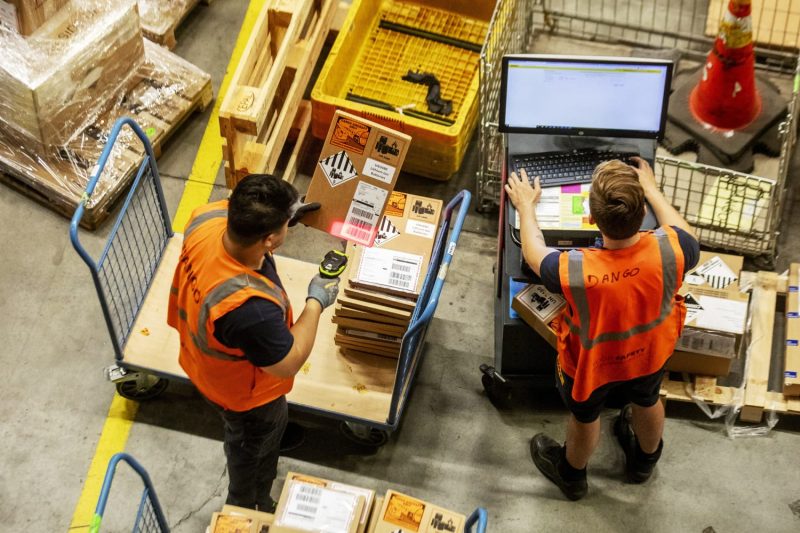In a rapidly evolving landscape of global commerce, the balance between efficiency and vulnerability has never been more evident. The intricate web of interdependence that characterizes today’s interconnected economy is susceptible to disruption from even the most minor of hiccups. As illustrated by the recent incident involving a single failure, the fragile nature of global commerce leaves no room for complacency.
At the heart of this delicate ecosystem lies the reliance on intricate supply chains that span continents, linking manufacturers, suppliers, and consumers in a complex dance of production and distribution. The disruption of even a single node in this network can have cascading effects, quickly spreading chaos and uncertainty across the globe. The repercussions of such a failure can be felt far and wide, impacting businesses, economies, and individuals in unforeseen ways.
The recent example of a major international shipping company experiencing a cyberattack serves as a stark reminder of the vulnerability inherent in our modern systems of commerce. The disruption caused by this single event rippled through the supply chain, leading to delays in the delivery of vital goods, shortages on store shelves, and financial losses for businesses large and small. The interconnected nature of global commerce means that no company operates in isolation, making vulnerabilities in one part of the system a threat to everyone involved.
Furthermore, the incident highlighted the critical need for robust cybersecurity measures to protect against such attacks. As businesses and governments grapple with the challenges of an increasingly digital world, the importance of investing in cybersecurity infrastructure cannot be overstated. The consequences of a breach can be far-reaching, affecting not only the immediate targets but also innocent bystanders who rely on the smooth functioning of global commerce for their daily needs.
In conclusion, the fragility of the global web of commerce is a reality that cannot be ignored. The interconnected nature of our modern economy means that a single failure – whether it be a cyberattack, a natural disaster, or a logistical mishap – can have profound and far-reaching consequences. It is imperative that businesses and governments work together to strengthen the resilience of this fragile system, protecting against threats and mitigating risks to ensure the smooth functioning of global commerce for the benefit of all.

